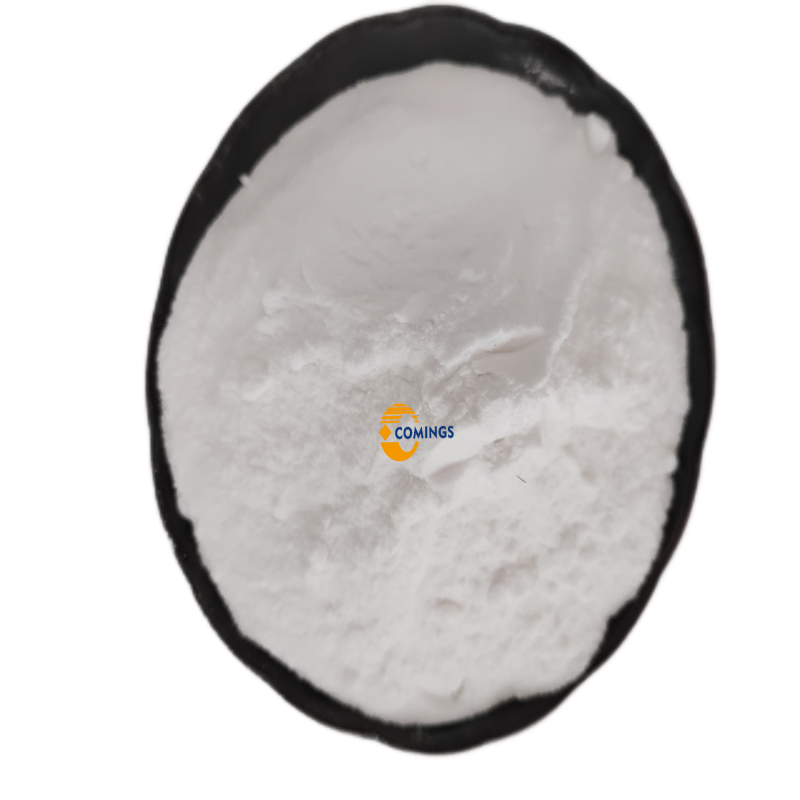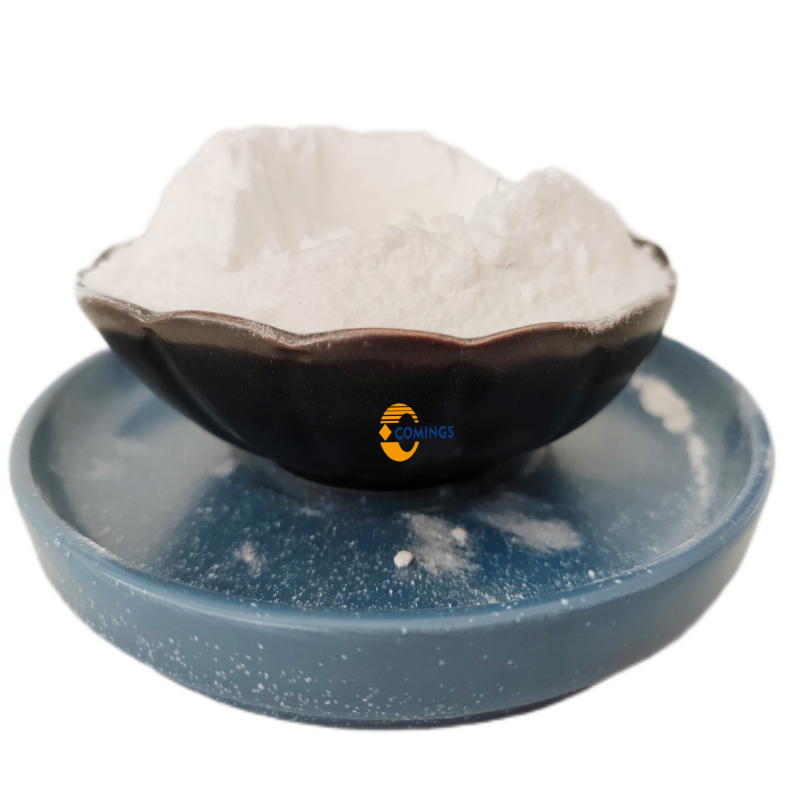-
Categories
-
Pharmaceutical Intermediates
-
Active Pharmaceutical Ingredients
-
Food Additives
- Industrial Coatings
- Agrochemicals
- Dyes and Pigments
- Surfactant
- Flavors and Fragrances
- Chemical Reagents
- Catalyst and Auxiliary
- Natural Products
- Inorganic Chemistry
-
Organic Chemistry
-
Biochemical Engineering
- Analytical Chemistry
-
Cosmetic Ingredient
- Water Treatment Chemical
-
Pharmaceutical Intermediates
Promotion
ECHEMI Mall
Wholesale
Weekly Price
Exhibition
News
-
Trade Service
Original title:
Probiotics relieve stress and anxiety symptoms in humans by regulating the neuroactive potential of the gut microbiome WHO reported in 2015 that nearly 300 million people worldwide suffer from anxiety and depression. Studies have shown that stress disrupts the balance of the body's gut microbiota, which in turn leads to psychological problems such as anxiety and depression. Probiotics, as an important edible micro-ecological preparation, have been shown to relieve stress anxiety in animals and humans and improve mental health problems. Early clinical trials have found that ingestion of plant lactobacillus P-8 can effectively relieve stress and anxiety in adults. Therefore, this study further explores the mechanism of P-8 to relieve stress and anxiety in the human body.study recruited 79 subjects (43 in the probiotic group and 36 in the placebo group) for a 12-week trial using a randomized, double-blind, placebo-controlled approach. The probiotic group took plant lactobacillus P-8 (2 g, 2x10
10
CFU/day) daily, and the placebo group took the same amount of placebo daily. It was found that after 12 weeks of taking probiotics, there was a significant increase in the content of youthful Bifidobacteria, long Bifidobacteria, Plasmodium manure bacteria, etc. in the intestines of patients, and that the probiotic group had a higher diversity of microorganisms (SGBs) involved in vitamin K2 synthesis, short-chain fatty acids (SCFAs) and γ-aminotinic acid (GABA) metabolism.
that P-8 promotes the secretion of neurotransmitters or related metabolites by regulating the gut bacteria, thereby reducing the risk of stress such as anxiety
. In addition, at the 12th week, the average predicted content of bile acid, peanut tetryoleic acid, creatinine, suline statins, athocyanides and phospholipids in the intestinal tract group was significantly higher, with bile acid contributing to intestinal permeability and the blood-brain barrier, which stimulated the production of 5-serotonin.
Overall, P-8 promotes the production and secretion of some key neurotransmitters and neuro-actives in the intestine by regulating the gut bacteriome, and directly and indirectly regulates the intestinal-brain-axis through the ecstransic nerves, cytokines, and microbial-sourced metabolites, thus relieving adult stress and anxiety
.the study was published in January 2021 in the journal
Neurobiology of the Stress
, a journal of the JCR 1 region of the Chinese Academy of Sciences, and was conducted by first-year doctoral students Ma Teng and Gong, and Professor Zhang Peace
(Impact Factor: IF=7.197)
.original link:1 .
The probiotic and placebo groups predicted a comparison of intestinal neuroactive metabolites at two points in time2.
2.
Probiotics regulate the active metabolic potential of the microbiome through the intestinal
-
-brain
-
axis to alleviate the potential mechanism of stress anxiety in adults






